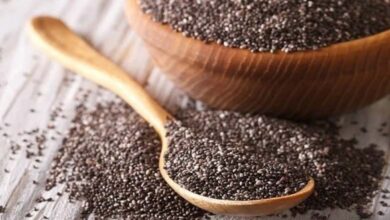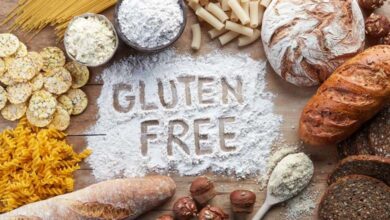How can foods and supplements help relieve constipation symptoms?

Constipation is a common digestive issue affecting millions of people worldwide. It is characterized by infrequent bowel movements, difficulty in passing stools, or a sensation of incomplete evacuation. While usually not dangerous, it can significantly affect quality of life and, when chronic, may lead to complications. Diet and specific supplements play a crucial role in both preventing and relieving this condition.
The role of dietary fiber
Fiber is essential for healthy bowel function and comes in two main forms:
- Soluble fiber (found in oats, apples, carrots, chia seeds, and psyllium) absorbs water, forms a gel, and helps soften stools for easier passage.
- Insoluble fiber (present in whole grains, green vegetables, and nuts) adds bulk to stools and stimulates intestinal contractions.
A daily intake of 25 to 30 grams of fiber is generally recommended to improve bowel regularity.
The importance of hydration
Without adequate water intake, the benefits of fiber are limited. Drinking 1.5 to 2 liters of water daily helps soften stools and facilitates evacuation. Herbal teas, broths, and natural unsweetened juices can also contribute to hydration.
Probiotics and gut health
The gut microbiota plays a vital role in digestion. Fermented foods such as plain yogurt, kefir, sauerkraut, and kimchi provide natural probiotics that help maintain microbial balance. Specific probiotic strains (Bifidobacterium lactis, Lactobacillus casei) have been shown to improve stool regularity.
Helpful supplements
Psyllium husk: rich in soluble fiber, it is one of the most effective supplements for chronic constipation relief.
- Magnesium: in forms such as citrate or hydroxide, it helps draw water into the intestines and stimulate bowel movements.
- Vitamin C: in moderate doses, it can have a mild laxative effect.
- Vegetable oils: olive oil or flaxseed oil, when consumed in moderation, may help lubricate the intestines.
Lifestyle factors
Diet alone is not always enough. Regular physical activity, stress management, and healthy sleep habits also contribute significantly to preventing constipation.
Conclusion
Combining a fiber-rich diet, proper hydration, probiotics, and appropriate supplements can effectively ease constipation symptoms. However, if symptoms persist or worsen, consulting a healthcare professional is essential to rule out underlying conditions.












